Improving Our Environmental Footprint
Processing washed coffee involves fermenting pulped coffee beans to breakdown the mucilage on the beans, then washing the mucilage off before drying. Traditionally farmers in the area have washed their coffee in the local stream, which adds too many nutrients to the water, affecting water quality. Right now we are building a new fermentation and composting system that will reduce our environmental impact and improve the coffee. It starts with a fermentation tank located next to a vermi-composting system. The coffee is pulped, and put in the tank to ferment. The pulp is then composted using worms to break down the coffee. The compost is applied to the farm. After fermentation, the coffee is washed in the tank, then the waste water is filtered through charcoal and multiple drainage pits to remove nutrients before it is returned to the stream. This reduces the environmental impact that we have in the area, improves the soil on the farm through application of the compost, and improves the quality of the coffee by having a more controlled fermentation process. If our project is successful we hope to assist other local farmers adopt similar systems.
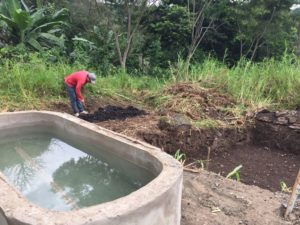
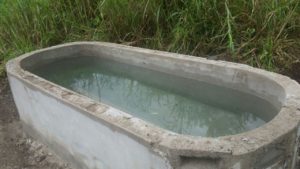
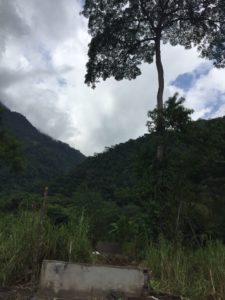
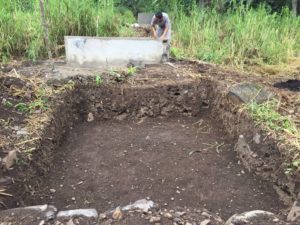
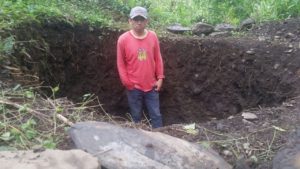
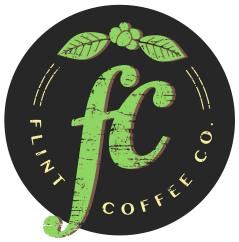
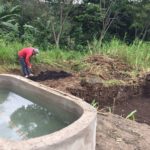
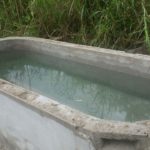
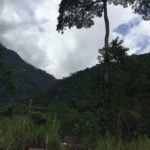
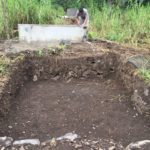
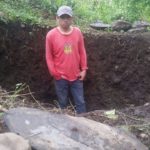
 STAY IN TOUCH
STAY IN TOUCH